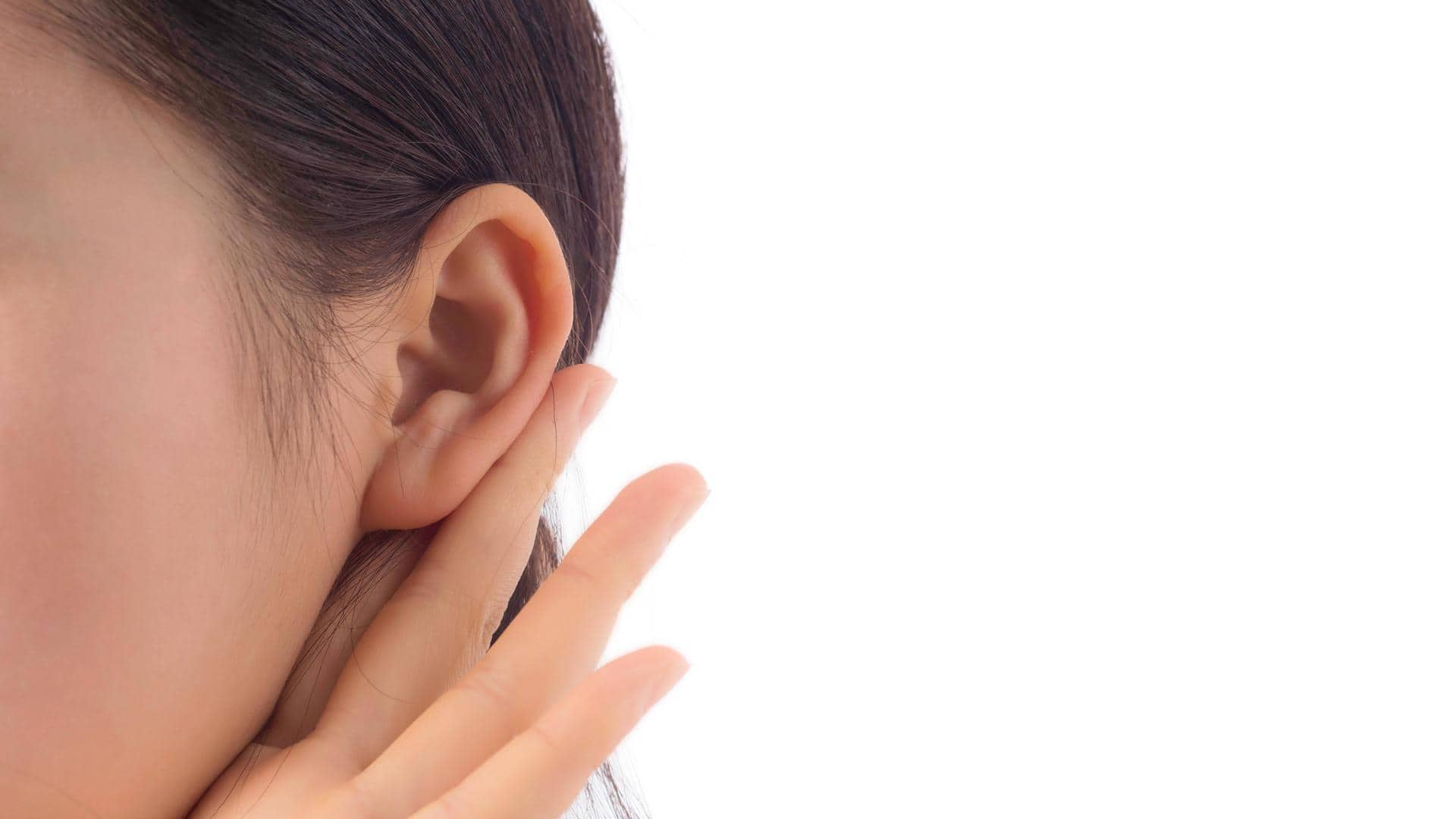
What your ears say about your health
What's the story
Ever noticed changes in your ear's appearance or felt any discomfort like pain, or inflammation? Well, these symptoms could be indications of underlying health problems that you might not think of. Our ears play a vital role in our daily lives, including indicating our health concerns. From earaches to single-sided deafness, here are five signs you should watch for.
Genetic conditions
Low-set ears
Low-set ears are often linked to genetic conditions such as Down and Turner syndromes. People with Down syndrome typically also have other physical differences and developmental issues. Turner syndrome can affect head and neck formation too, and cause problems with growth and puberty. Low-set ears may also be a symptom of the rare Shprintzen-Goldberg and Jacobsen syndromes.
Heart
Creased earlobes
If you notice a diagonal crease in the middle of your earlobe, it may indicate a potential problem with your heart, known as Frank's sign. This crease happens when the tissue surrounding the blood vessels near the heart and ears breaks down. See a doctor if you experience chest pain or shortness of breath along with this symptom.
Tumor
Single-sided deafness
Single-sided deafness is a hearing loss that affects only one ear and can happen due to various reasons, such as trauma, infection, fluid buildup, or a benign tumor known as acoustic neuroma. If this tumor grows and pushes against the auditory nerve, it can cause hearing loss. To verify tumor, look for other symptoms such as dizziness, facial drooping, and ringing in the ears.
Syndrome
Red ears
Red ears can be caused by various reasons such as sun exposure, hormonal changes, or embarrassment. It's normal to have red ears once in a while. However, if you frequently experience red ears or a burning sensation in the ears accompanied by migraines or cluster headaches, it could indicate Red Ear Syndrome. Seek medical attention to identify any underlying health issues.
Referred pain
Earaches
Adults experiencing earache is rare, but if they do, it could be a type of "referred pain" associated with other conditions like a toothache, TMJ disorder, infection, sore throat, or tumor. Evaluate your earache by a health professional if you experience any of these symptoms. Don't ignore earaches as they could indicate serious underlying health problems that need attention.